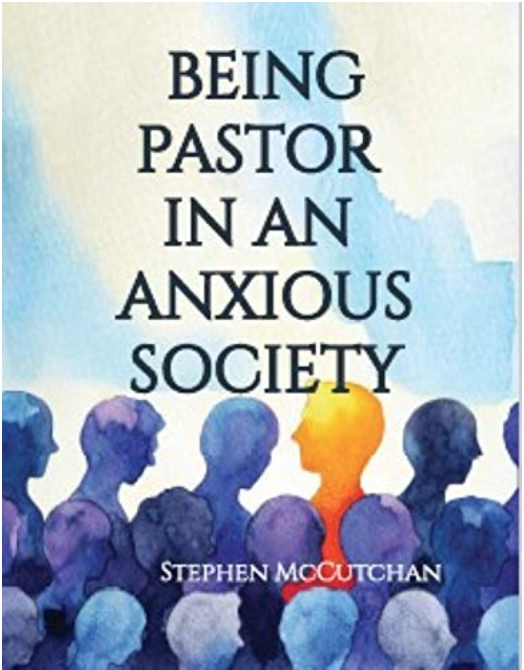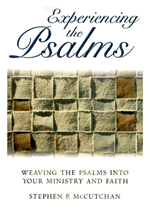DISCIPLESHIP TRAINING
In the past two blogs, I’ve offered a creative way to engage complaints both among clergy and with the members of the congregation. I want to continue exploring that possibility here. Many congregations have engaged in some form of discipleship training to respond to the concern of members that they need help in deepening their faith journey. What I want to suggest is that their very complaints and doubts, instead of being seen as a detriment, might provide the fertile field for their own growth.
The natural urge to either complain or have doubts are the rich field of our faith journey. As I explained in an earlier blog, Rollo May in his book, Love and Will, suggested that our natural urges are what the Greeks called daimons. They become demonic when what is a natural part of our whole life begins to dominate and control our responses. By naming the demons, we put them back into perspective and can even turn them to our own advantage.
YOU ARE THE SPIRITUAL LEADER
It is important that you claim your role as the spiritual leader of the congregation. That does not mean that you have all the answers. What it means is that you have been provided some of the resources with which to help the people to exegete God’s word in the Body of Christ. I am making a faith claim here. I am claiming that your congregation is a part of the Body of Christ. In a different but no less real way, God’s word that was incarnated in Jesus’ body when he was living on earth is still incarnated in Jesus continuing body. I’m not suggesting that the church is sinless, but I am claiming that God is not defeated by our humanness and continues to find expression in that community that brings together humans and the spiritual resources God has provided. That’s what I mean when I suggest that you can guide the people in exegeting God’s word as it finds expression in addressing the human realities that they experience.
EXPERIENCE AND TRADITION
As you invite the congregation to name the complaints, you are encouraging them to develop a picture of the field in which your corporate faith must grow. The same is true when they are urged to name the doubts that they think people have. (It’s safer to name the doubts that others have then to name your own doubts.)
You might have some personal fun by making your own list of what you think are the most common complaints or doubts. It can become a private test of how well you know your congregation. If you can get another colleague in a different congregation to engage in the same process, comparing results can become part of the enjoyment.
NEW FORM OF DIALOGUE
You have the advantage of familiarity with the Christian tradition. As you gather their list of doubts and concerns, think back on your familiarity with Christian doctrine and tradition, and identify some of the central beliefs of the church that address such concerns.
Whether it is once a month or more frequently, if you will identify for your congregation that you want to address one of the concerns or doubts identified in your next sermon, you can almost be guaranteed that they will listen with even more intensity because they have already been engaged in thinking about this.
You may also want to invite specific feedback on your sermon. However, make clear from the beginning that you are not the “answer man” but the guide who has been provided with some of the equipment to assist people on the journey. Remind them that your sermon is part of stimulating their thinking and questions and that the whole community benefits from the conversation.

































